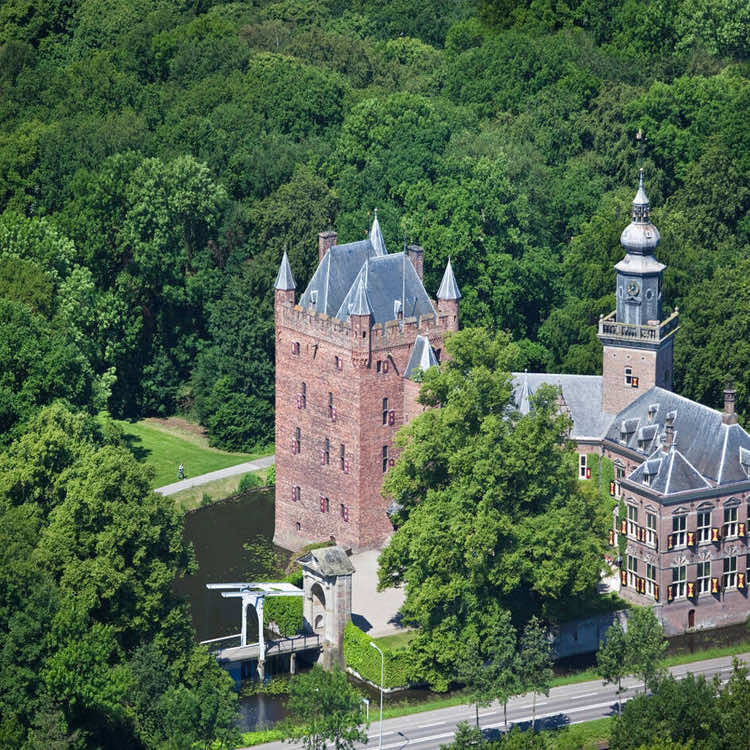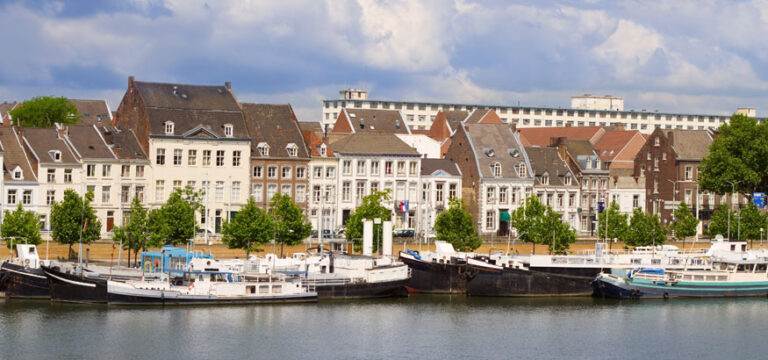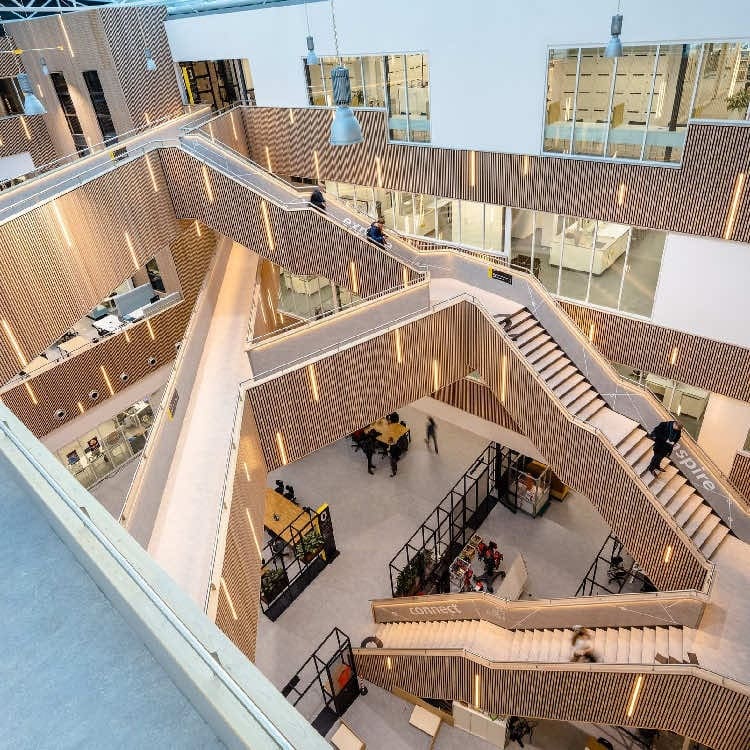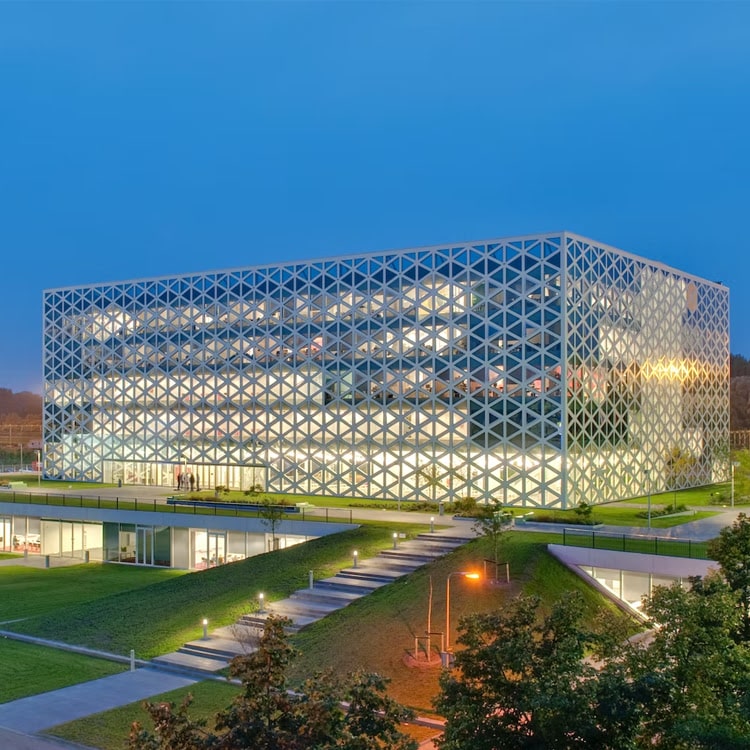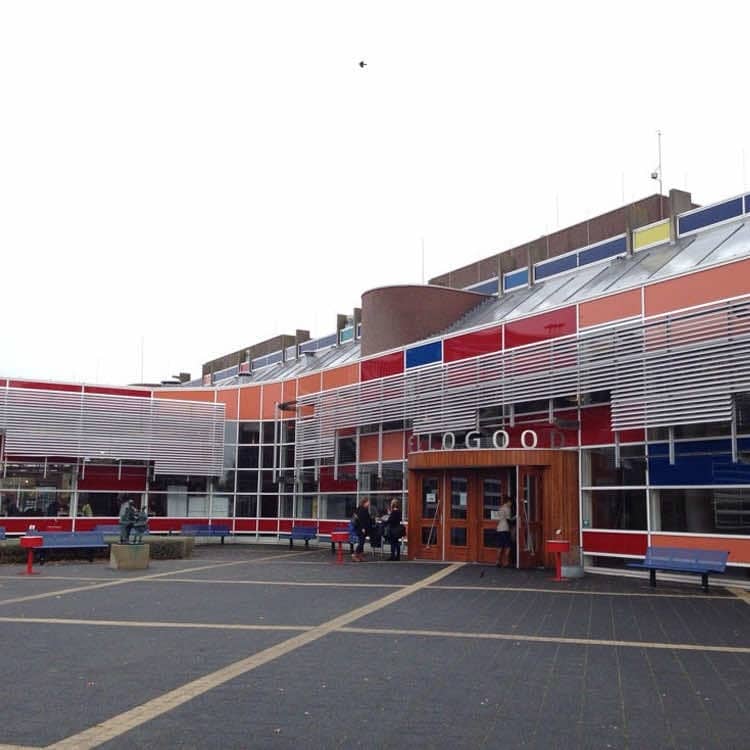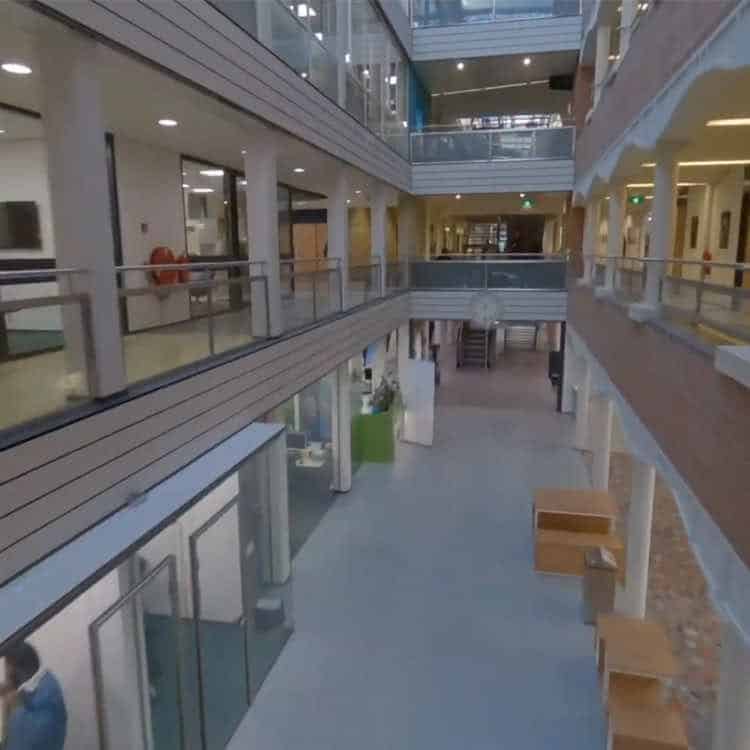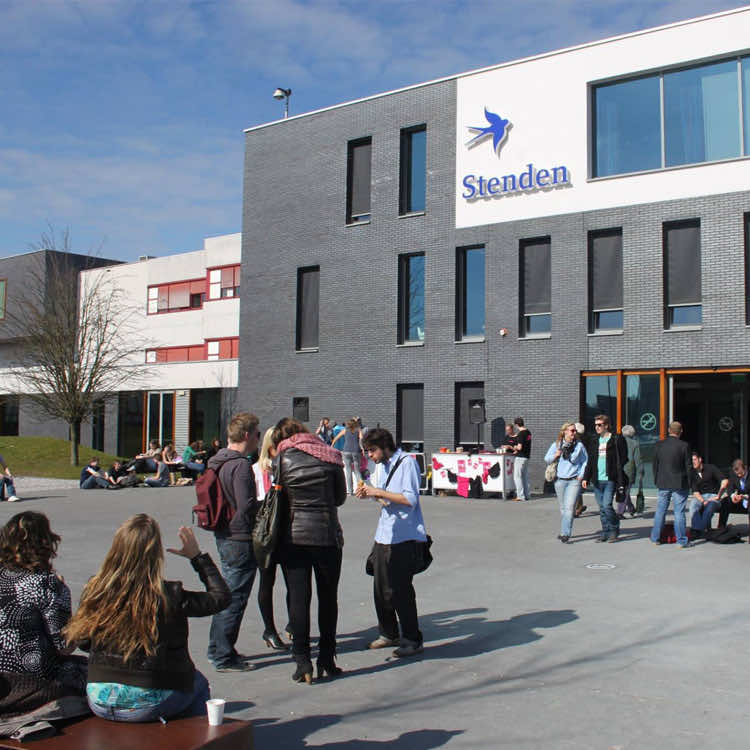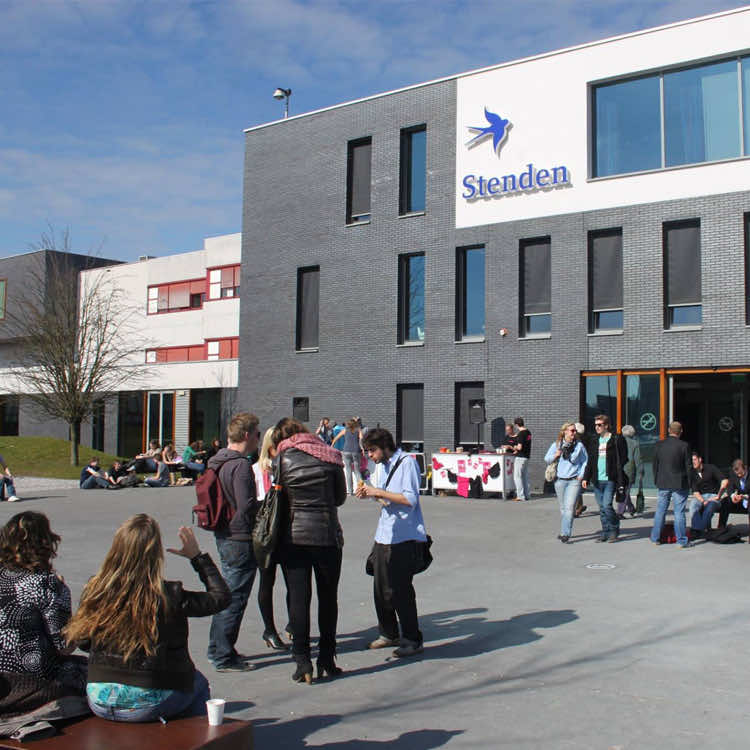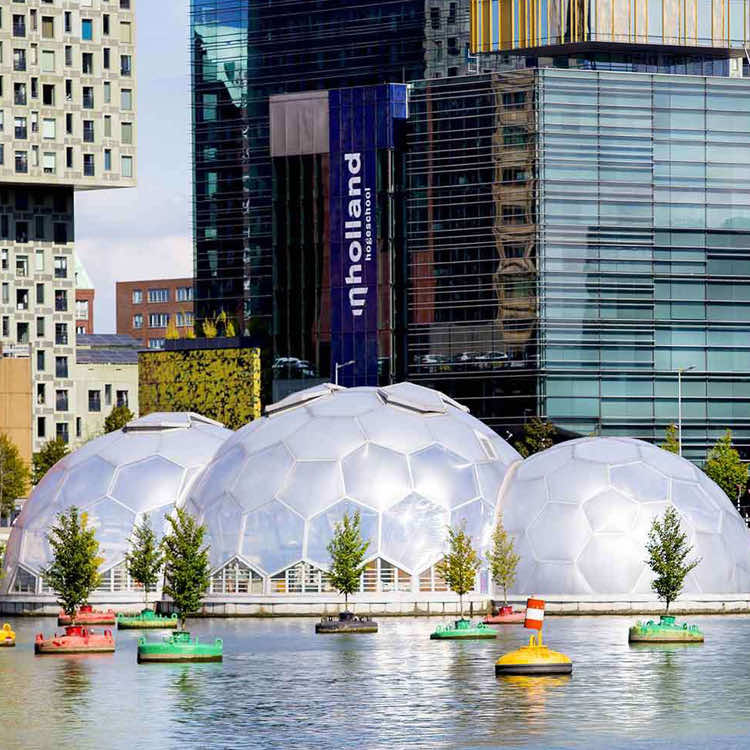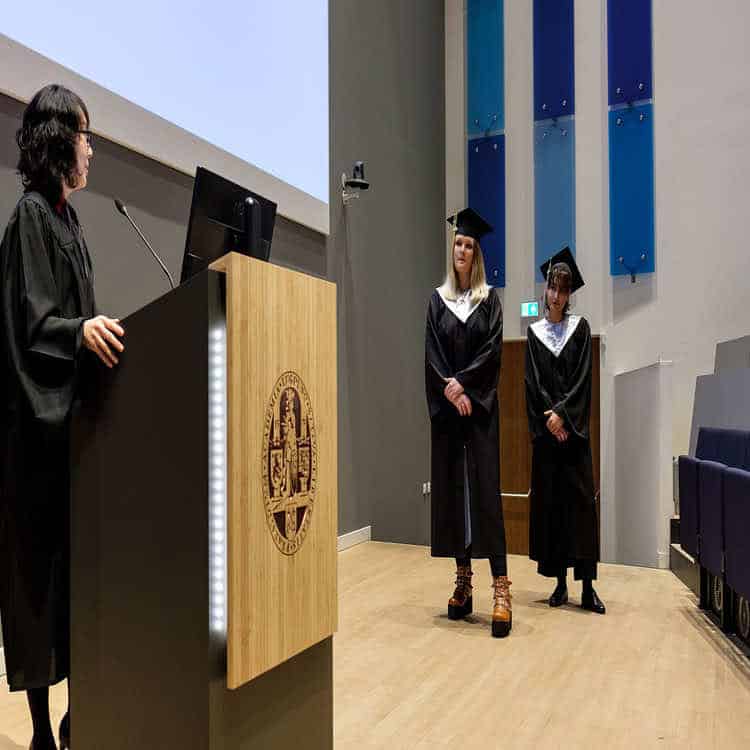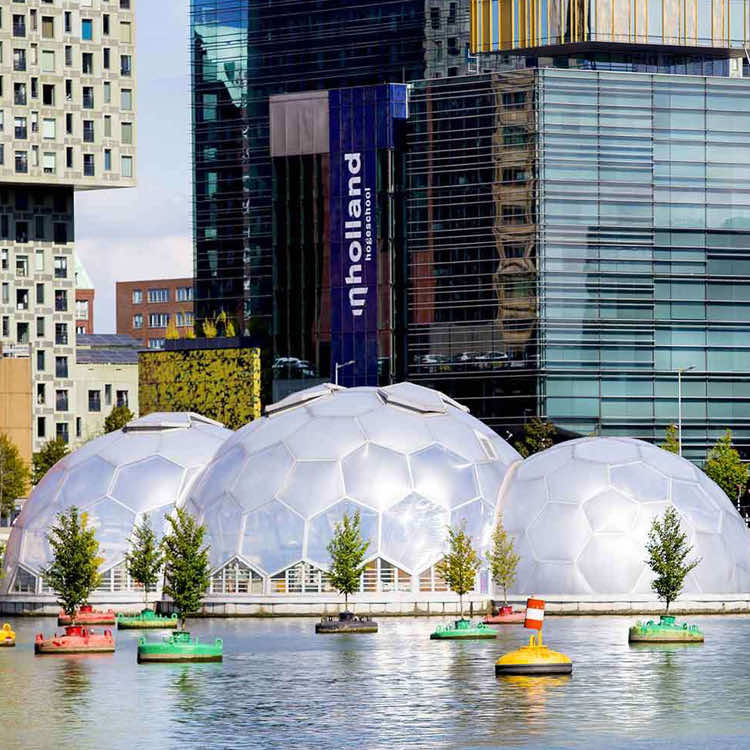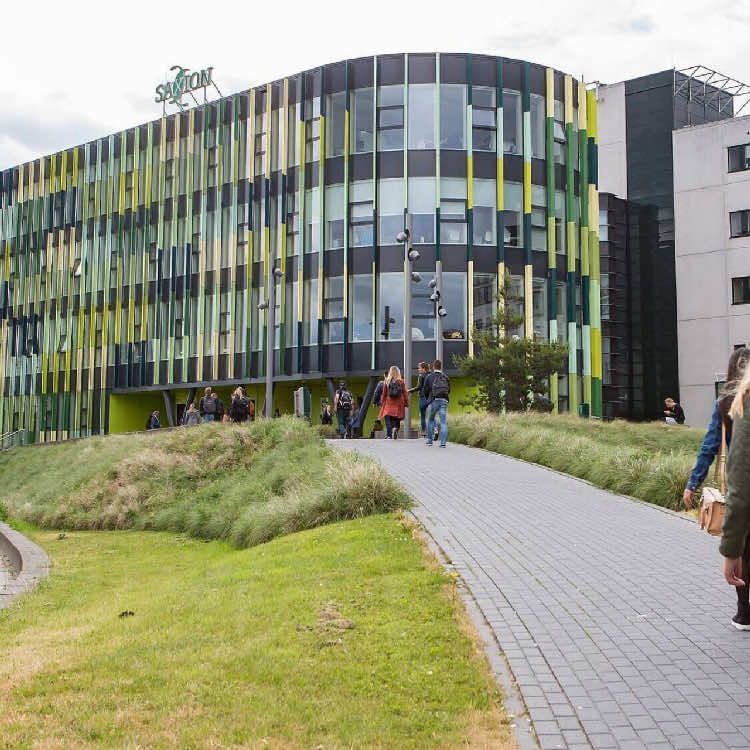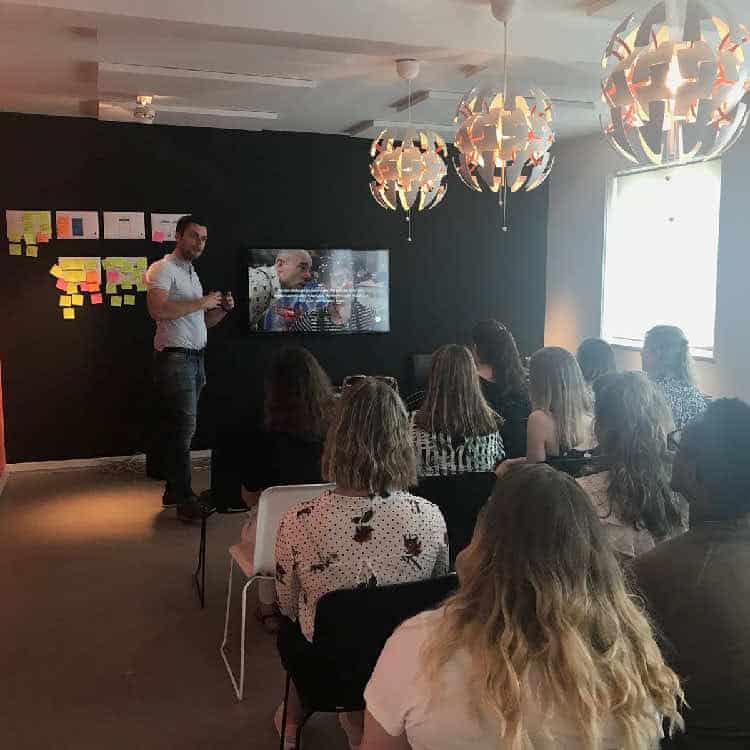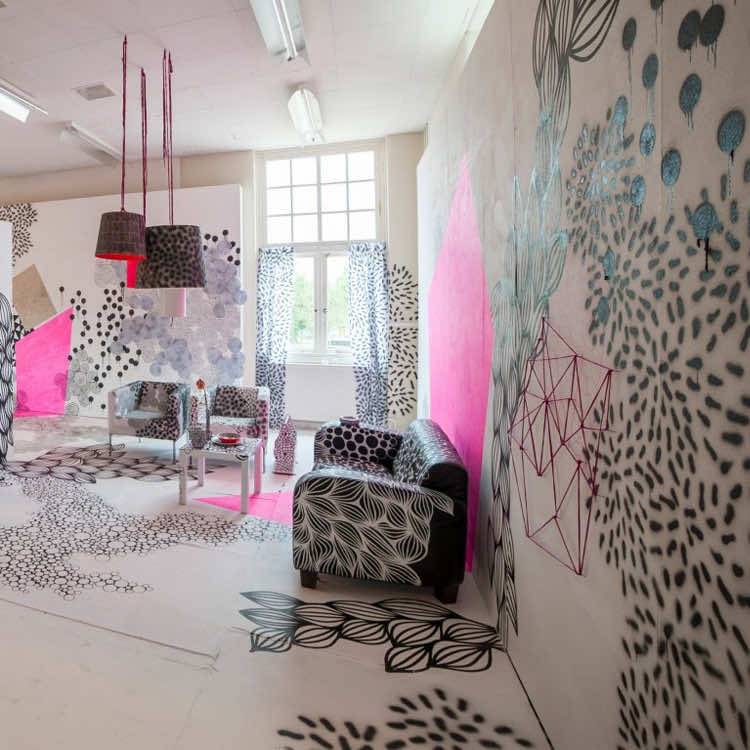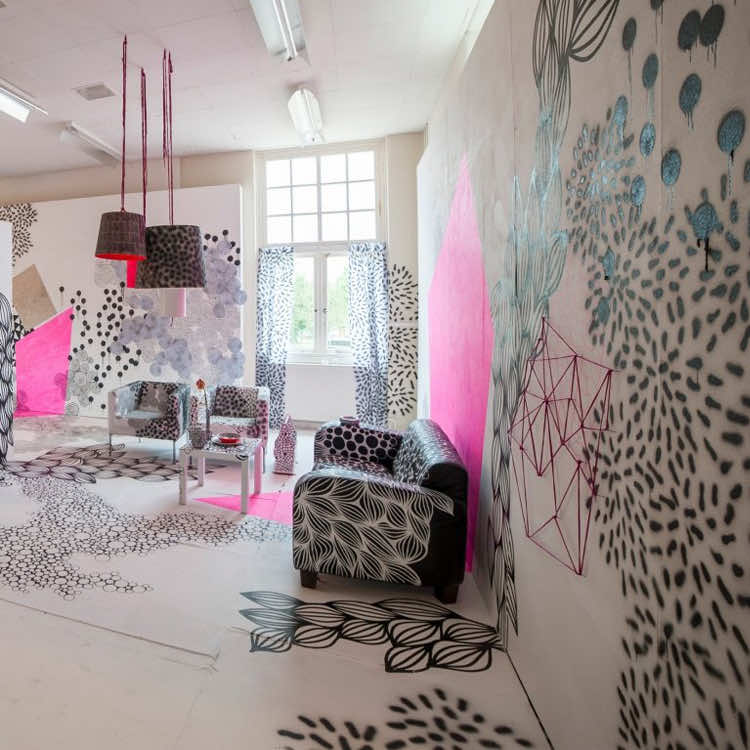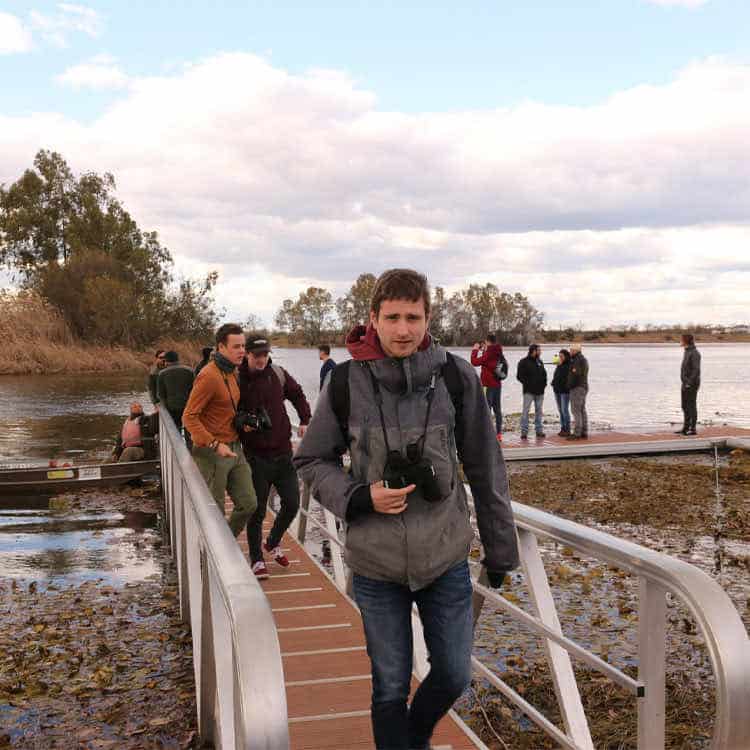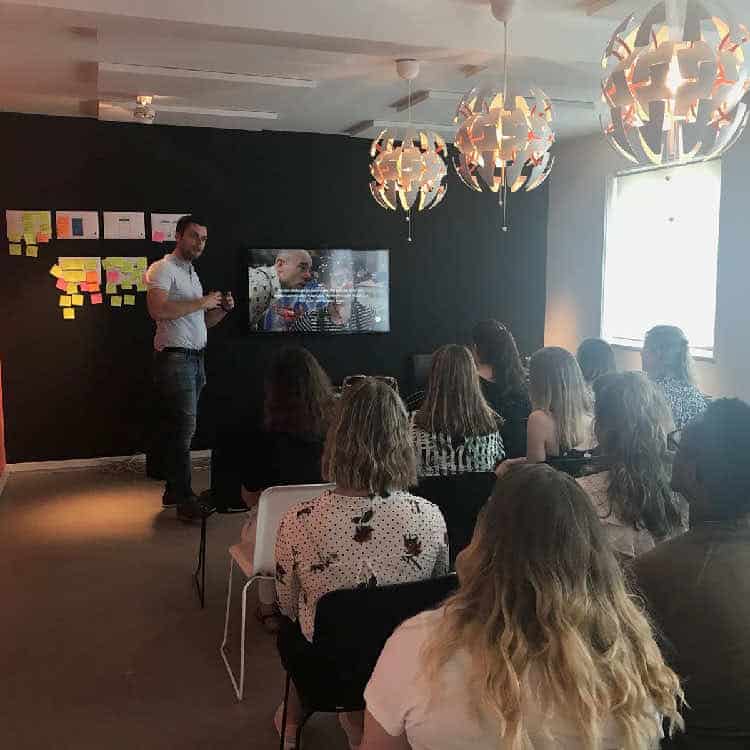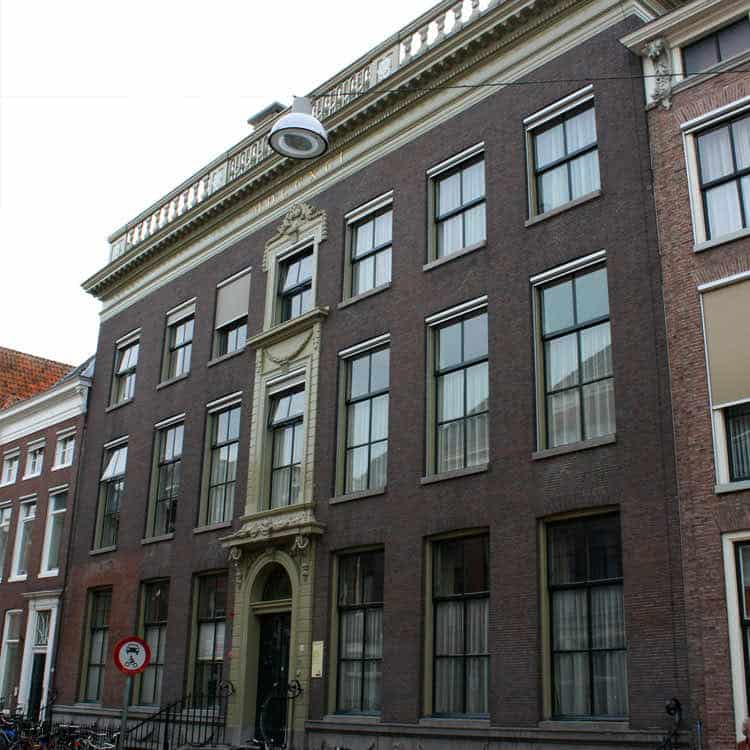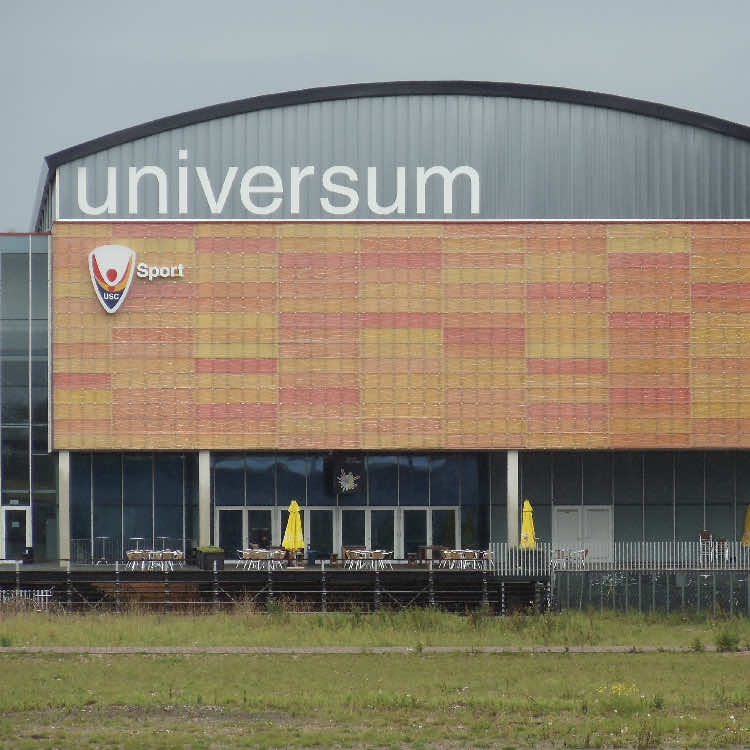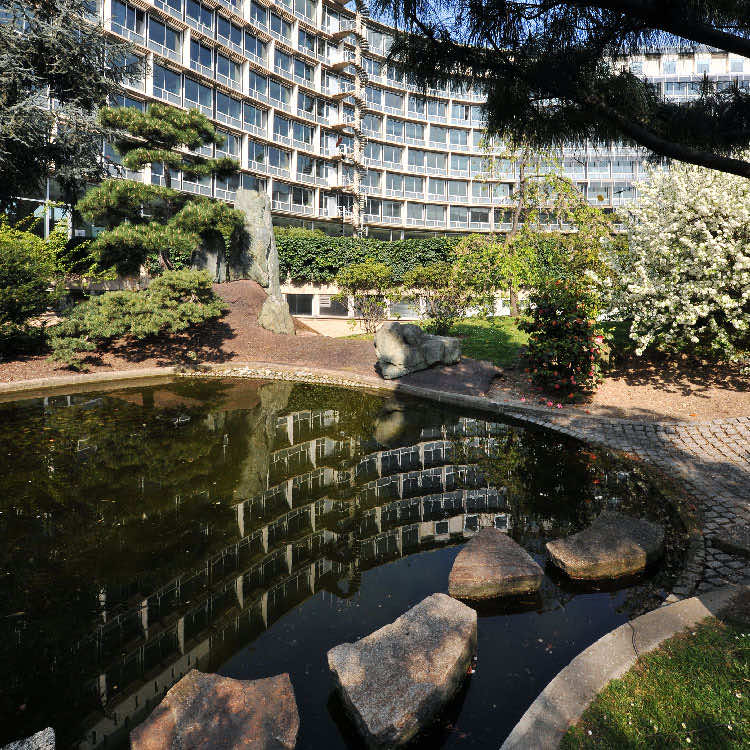Sorry, no records were found. Please adjust your search criteria and try again.
Sorry, unable to load the Maps API.
The Netherlands has a reputation for being one of the most tolerant and liberal countries in Europe. It is a highly developed and wealthy nation, which is also ranked as the 4th happiest country in the world. With these credentials, it is little surprise that it has become a hotspot for international students. The Netherlands is situated in Western Europe and is bordered by Germany to the east and Belgium to the south, while in the north it borders the North Sea. Although a relatively small country, it is one of Europe’s most densely populated countries, with much of the land being urbanized. It is also very flat, which explains why cycling is very popular in the Netherlands. In fact, over 30% of the population list cycling as their main form of transport. The flatness of the country also poses a threat to sea level rise. The nation is actively preparing for sea level rise and has built up a whole industry around flood defense. The weather in the Netherlands is modest, with cool summers in the 50s and 60s and mild winter weather in the 30s. The Netherlands sticks out among other European countries for its ultra-progressive and liberal laws. It was the first country to legalize same-sex marriage. It has also legalized prostitution, and euthanasia, and has a relaxed attitude towards drugs. These laws have proved effective, but they have created the undesired effect of becoming a tourist hotspot for some of these activities. The country has also been a pioneer with regard to its approach to education. It was the first non-English-speaking country to offer higher education programs to international students in English. Although Dutch is the official language of the Netherlands, around 90% of the population report that they can converse in English. This is because English is a mandatory foreign language in schools. The higher education system in the Netherlands emphasizes the importance of group work and active participation in classes. Unlike in some countries, there is also a lack of hierarchy between students and teachers. If you don’t receive feedback on your work in the Netherlands, this is usually a good sign! Instead, feedback is usually only received when work is unsatisfactory. Independence and critical thinking are actively encouraged from a young age in the Netherlands, meaning critical questions and discussions are the norms during class. There are three main types of higher education institutions in the Netherlands. The first is traditional universities, where there is a focus on academic knowledge combined with critical and analytical skills. Then there are the university colleges, which are honors liberal arts colleges. As the size of the class is relatively small, courses here often have higher admission requirements. Lastly, there are universities of applied sciences, which take a more vocational approach, providing you with the skills for certain professions


